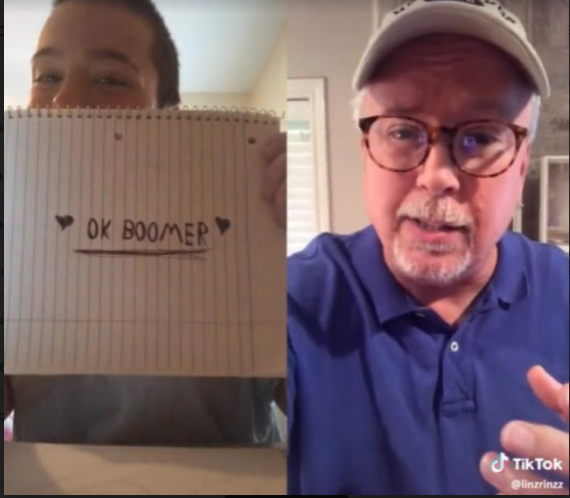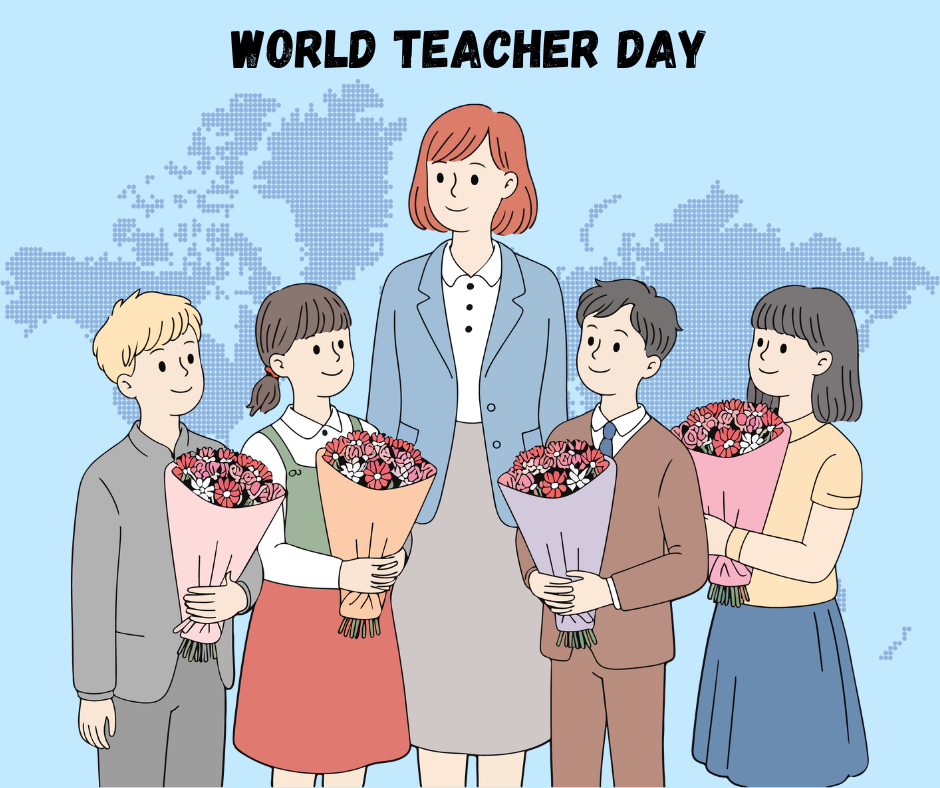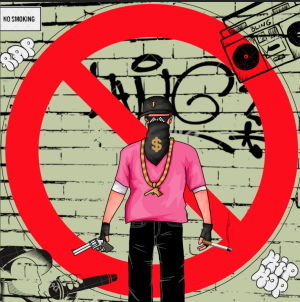“Ok, Boomer” — Unpacking a social movement

Photo Courtesy of TikTok (lin@linzrinzz)
TikTok user lin@linzrinzz holds up a piece of notebook paper that reads ‘OK BOOMER’ while an older man wearing a baseball cap insults millennials and the Generation Z.
December 13, 2019
New Zealand Member of Parliament Chlöe Swarbrick, 25, stood in front of her colleagues as she delivered a speech on global warming.
The whole room was quiet.
Suddenly, member of Parliament Todd Muller interrupted Swarbrick and without warning, Swarbrick replied with an abrupt “OK, Boomer,” refueling a social movement.
Swarbrick’s use of the phrase was not the first time the phrase was used.
Though the origin of “OK, Boomer” is not known, the earliest and most popular usage can be traced back to a viral TikTok video. The video, uploaded by user lin@linzrinzz, depicts an older man saying, “The millennials and Generation Z have the “Peter Pan syndrome”; they don’t ever want to grow up.” To retaliate against the older man’s comments, the female in the video writes “OK Boomer” on a notebook. But what does it mean?
According to Dictionary.com, the phrase means, “a viral internet slang [used] to call out or dismiss out-of-touch or close-minded opinions associated with the baby boomer generation.”
Santa Ana College Sociology Professor Gianna Cicchelli says, “The boomers are born between 1944 to 1964…they are the generation that ‘boomed’ at the end of the war. The people using ‘OK, boomer’ is the group that has been dismissed as being young and naive, the millennials and the Gen Zs.”
Because I am part of Generation Z, I feel almost obligated to support my generation using “OK, Boomer.” I support my generation and other people using the phrase because it is a defense against the intolerant. I am not saying that all baby boomers and older people are all like-minded and intolerant, but they are some of the people that are widely represented in the media saying phrases like “Kids These Days” and making generalizations about younger generations.
“OK, Boomer” empowers the person using the phrase, but it does not take any power away from the group it used against. Take baby boomers for instance.
“Saying ‘OK, Boomer’ won’t stop boomers from receiving paychecks, a pension, retirement, or any other aspects of power that they are now fully embodied with,” said Cicchelli.





































